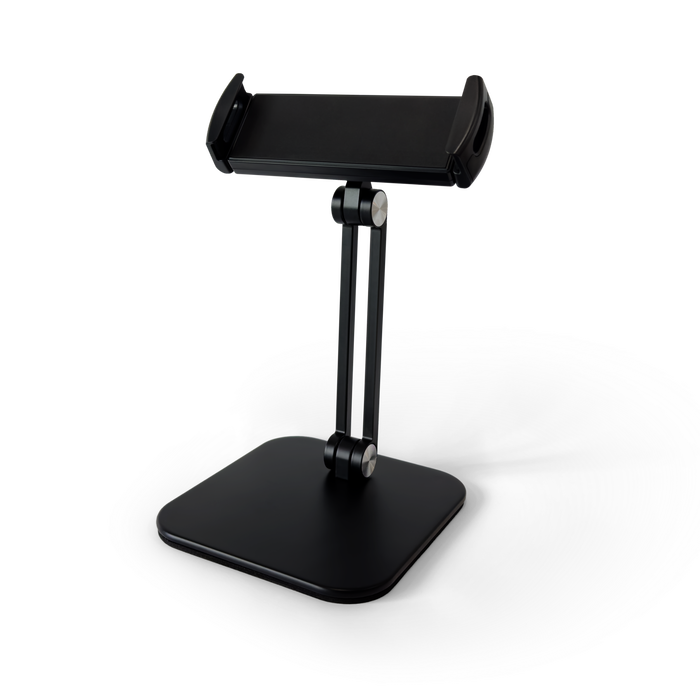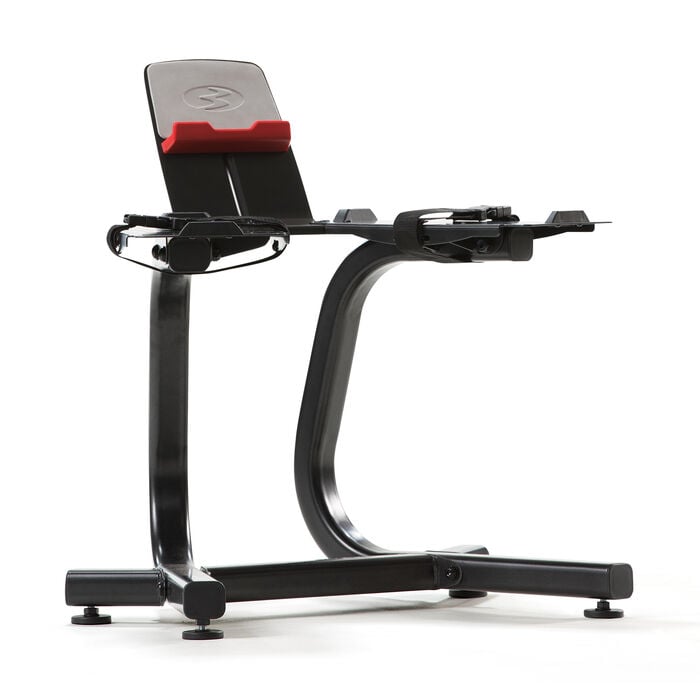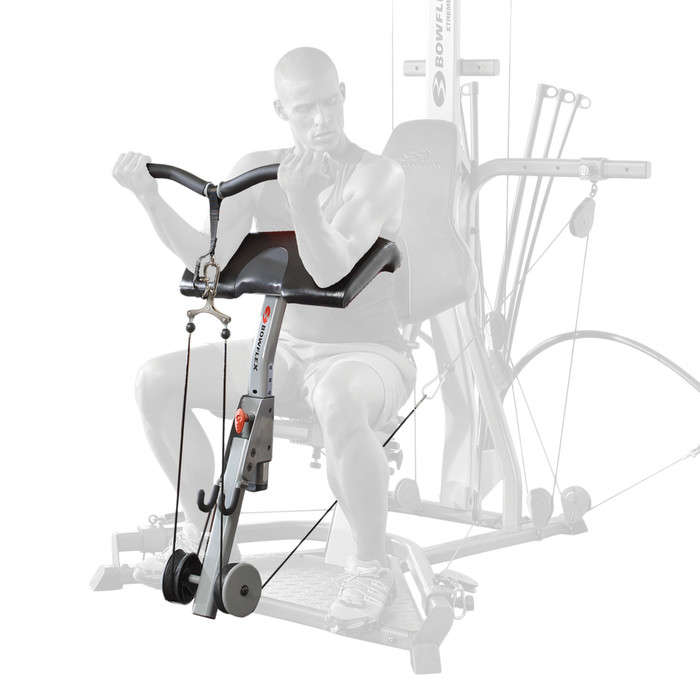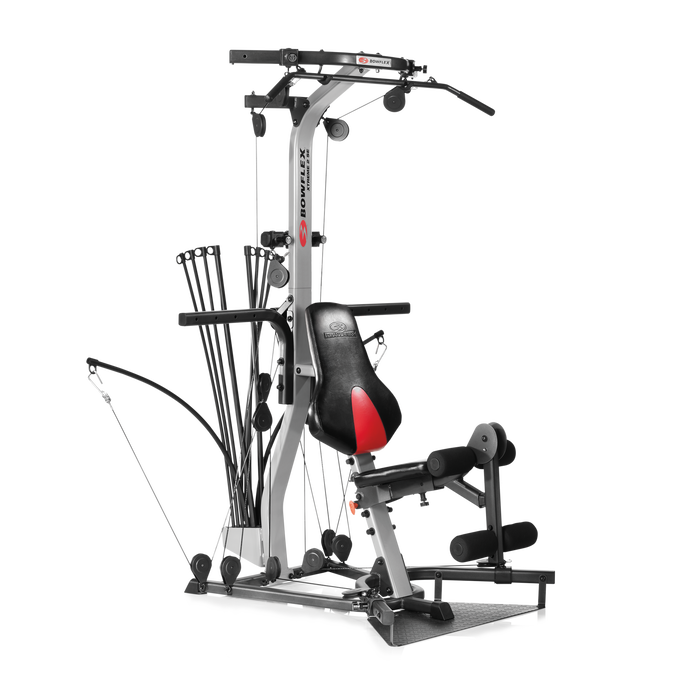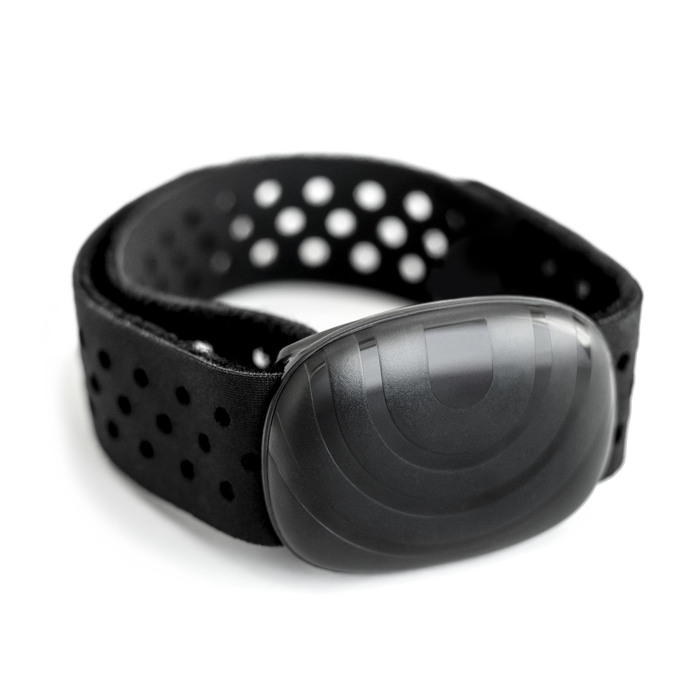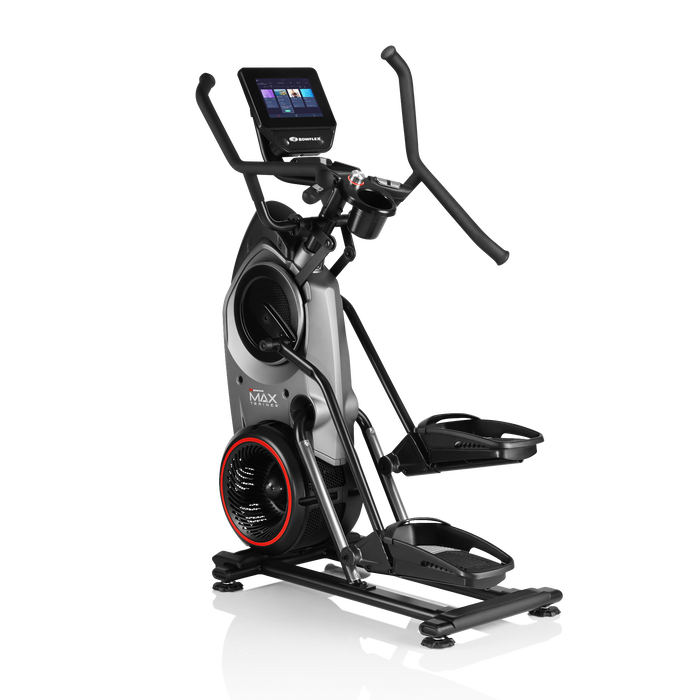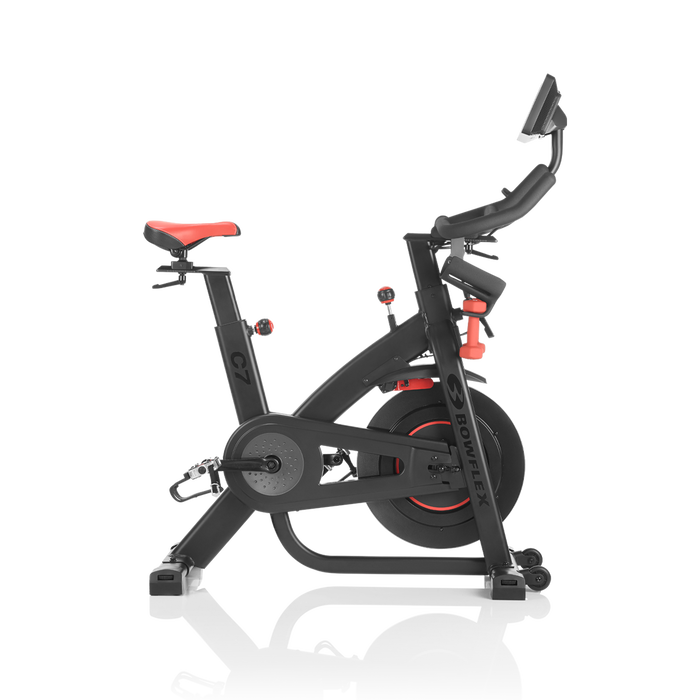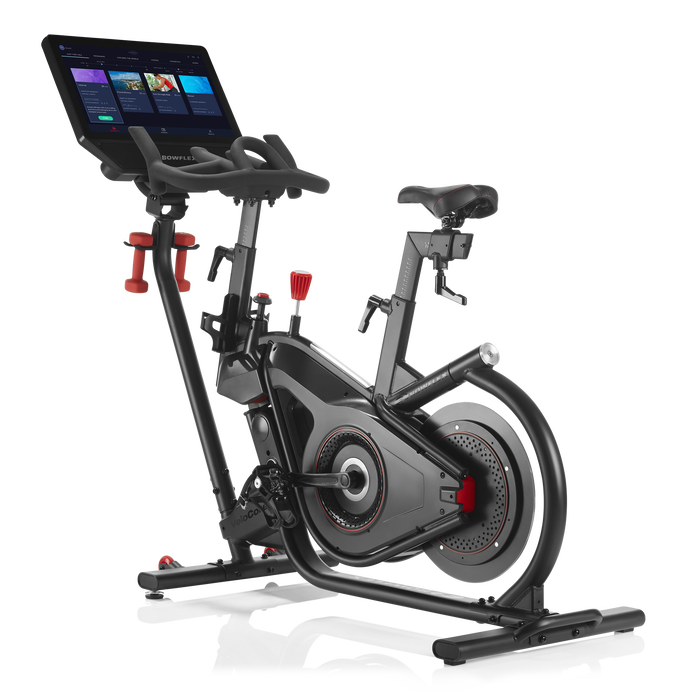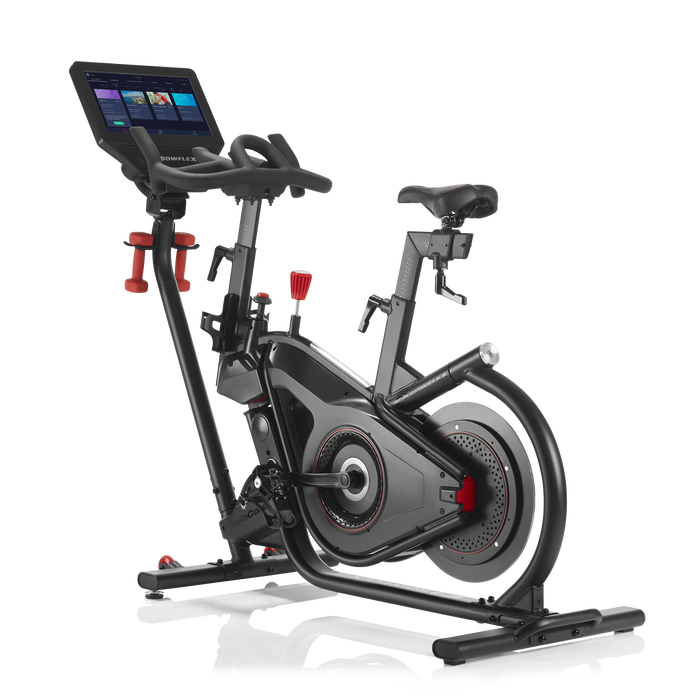Fit Tip: What is Metabolic Health?

One of the numerous benefits of my job as an exercise physiologist and fitness consultant is trying out the most recent products and the latest in cutting-edge fitness technology. This includes supplements, equipment, apps and fit tech that monitors metrics from power output while running, muscle activation while lifting weights, heart rate variability, sleep quality and many more.
One of the products I am currently testing is a continuous glucose monitor or CGM. Originally designed for diabetics who have a medical need to monitor blood glucose levels, CGMs are now being marketed to the masses as a way of monitoring the way your body responds to your diet and exercise, and ultimately improving your health.
Very simply put, you want to avoid having excessive spikes in your blood glucose levels throughout the day, which are often caused by consuming less healthy, highly-processed foods. The spikes are a risk factor for the development of numerous negative health outcomes including type 2 diabetes, obesity, cardiovascular disease, stroke, and numerous cognitive issues. The more aware you are of the way certain foods and exercise affect your blood glucose levels, the better able you are to keep it within a relatively constant, healthy range.
The CGM I am experimenting with is attached with a special applicator to your arm, where it remains for two weeks. It has what they call a small “filament” that inserts under your skin - most people would probably call it a tiny needle. While it doesn’t hurt when applying to your arm, I did feel an occasional twinge throughout the 14-day first trial period.
This filament allows the sensor to monitor your glucose levels in real time. You simply download an app to your phone and then bring your phone next to the sensor whenever you want to get a reading. The app stores and tracks your data, and you can add in notes about specific food intake and exercise sessions to further refine your results.
But don’t we all respond the same way to foods from a blood glucose standpoint given their specific Glycemic Index? Maybe, maybe not. Emerging research indicates that two people might have different blood glucose responses due to their individual gut microbiomes. (Gut microbiome activity contributes to individual variation in glycemic response in adults BioRXiv, 2019) One important note about this study: It was performed by a company that sells CGM-related products and testing services.
I have completed the first two weeks of testing and am preparing to place on the new monitor to do another two weeks. Here are my initial thoughts on the CGM technology:
First: While I haven’t done significant research into the individual variability of the glycemic response to similar foods, based on what I have seen, I remain a sceptic.
Second: Nutritious foods like fruit can also cause blood sugar to rise, similar to unhealthy foods, and people may avoid them as a result. There is a large amount of research that indicate how fruit contain vitamins, minerals and phytonutrients that are extremely beneficial to our health, wellbeing and longevity.
Finally: This seems like an overly complicated and expensive way to educate people about adopting a healthy diet. While I wholeheartedly support new and innovative methods to help drive better dietary behaviors, I also believe the simple approach is most often the most effective.
You may also like
What is CBD?







